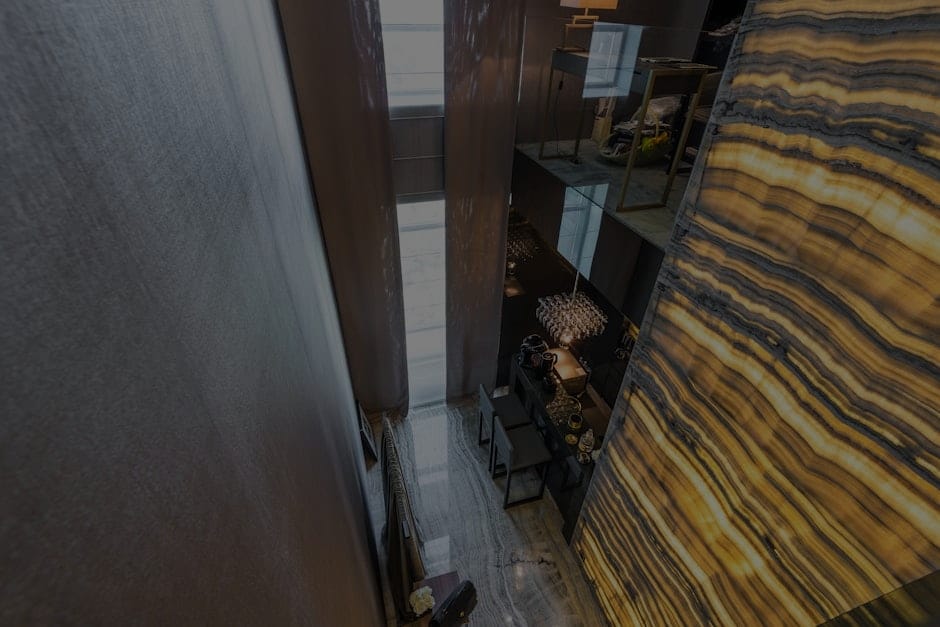**Abstract:** Discover how to transform your small apartment into a harmonious sanctuary with feng shui principles. Maximize space and energy flow for a more balanced living environment.
Understanding Feng Shui in Small Spaces
Feng shui, the ancient Chinese art of placement, emphasizes creating harmony within your living environment. For those in small apartments, this philosophy is particularly valuable, as it helps optimize limited space while enhancing the flow of positive energy, or “chi.” By understanding the basics of feng shui, you can cultivate a more serene and inviting atmosphere, even in compact living quarters.
Decluttering: The First Step to Balance
One of the primary tenets of feng shui is decluttering. In small spaces, every item should serve a purpose or bring joy. Start by evaluating your belongings: if something doesn’t resonate with you or is no longer useful, consider donating or discarding it. This process not only frees up physical space but also allows for better energy flow. Remember, a clutter-free environment leads to a clutter-free mind, essential for peace in your home.
Strategic Furniture Placement
The arrangement of furniture plays a crucial role in feng shui. In small apartments, it’s essential to position furniture in a way that promotes movement and accessibility. For example, avoid blocking pathways with large pieces. Instead, use multifunctional furniture, such as ottomans with storage or foldable tables, to maximize space without sacrificing style. This thoughtful arrangement helps create a welcoming atmosphere and ensures that energy can circulate freely.
Utilizing Mirrors for Space Enhancement
Mirrors are powerful tools in feng shui, especially in small spaces. They can create the illusion of more space and reflect light, enhancing the overall ambiance. Strategically placing mirrors across from windows can amplify natural light, making your apartment feel brighter and more open. However, be mindful of mirror placement; avoid reflecting clutter or negative energy sources, as this can have the opposite effect.
Color Choices: Setting the Mood
Colors significantly impact our emotions and energy levels. In small apartments, opt for light and neutral colors to create a sense of openness and tranquility. Soft whites, pale blues, and gentle greens can make a space feel larger and more inviting. You can add pops of color through accessories like cushions or artwork, which can energize your environment without overwhelming it.
Incorporating Natural Elements
Bringing nature indoors is a key aspect of feng shui. Plants not only purify the air but also add life and vibrancy to your space. In small apartments, choose low-maintenance plants like succulents or snake plants that thrive in limited light. Position them in corners or on shelves to draw the eye upward, creating the illusion of height and spaciousness. The presence of greenery fosters a connection to nature, enhancing your overall well-being.
Creating Zones for Functionality
In a small apartment, delineating different areas for various activities can enhance both functionality and energy flow. Use rugs or furniture arrangements to define spaces for sleeping, working, and relaxing. This zoning helps establish a sense of order and purpose, making your home feel more organized. It also allows you to engage fully in each activity, promoting a balanced lifestyle.
Embracing Personal Touches
Finally, infuse your small space with personal touches that reflect your identity and values. Whether it’s artwork, family photos, or travel souvenirs, these items create a sense of belonging and warmth. Just as decluttering opens up space for positive energy, surrounding yourself with meaningful objects fosters emotional connection and comfort in your home.
By applying these feng shui strategies, you can maximize your small apartment’s potential. Embrace the principles of harmony, balance, and intentionality to transform your living space into a sanctuary of peace and joy. Remember, even the smallest spaces can harbor great energy when curated with care and thoughtfulness.










